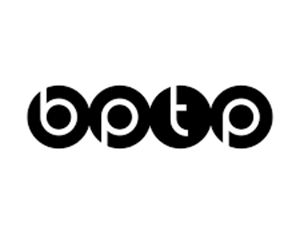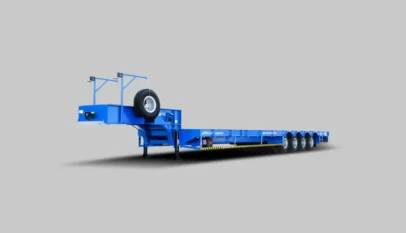Gas chromatography instruments and HPLC systems are quite useful for labs these days.
What tools do you need for gas chromatography?
There is no question that accuracy and reliability are important in analytical chemistry. Labs in medicine, food safety, environmental testing, and research organizations use advanced technology to get accurate results. Gas chromatography instruments and HPLC systems (high-performance liquid chromatography) are two of the most common tools. They are the basis of separation science, which lets you identify and quantify things in intricate mixtures.
What tools do you need for gas chromatography?
GCs, or Gas chromatography instruments, are developed to separate substances that can easily change from one state to another. An inert gas, such as helium or nitrogen, transports a vaporized sample through a column featuring a stationary phase. Different chemicals interact with the column material in different ways, which causes them to exit at varying times (retention times).
Gas chromatography instruments has some significant pieces, like:
- High Sensitivity: It can identify tiny levels of trace chemicals.
- Speed and Efficiency: Quickly looking at samples for both routine and high-throughput tests.
- Can be employed in many fields, such as forensics, petrochemicals, medicines, and food safety.
- Coupling Options: These are typically employed with gas chromatography-mass spectrometry (GC-MS) to learn more about compounds.
These qualities make Gas chromatography instruments necessary in sectors where it is very crucial to separate molecules appropriately.
What Gas Chromatography is used for
Gas chromatography instruments are highly important for:
- Forensics is the science of detecting drugs, poisons, and anything that speed up fires in criminal cases.
- Environmental Monitoring—finding dangerous chemicals such pesticides and volatile organic compounds (VOCs).
- To keep food and drink safe, you need to make sure that they don’t have any toxic chemicals or additives in them.
- Quality Control in Pharmaceuticals: Watching over the raw materials and the finished medicines.
GC technology gives businesses precise data that helps them keep in accordance with strict safety and regulatory rules.
What are systems for HPLC systems?
GC looks at things that change state quickly, while HPLC systems (high-performance liquid chromatography) look at things that don’t change state and are thermally unstable. A liquid solvent carries the sample through a column full of microscopic particles in HPLC systems. Compounds separate based on how polar they are, how big they are, or how much they like the stationary phase.
Some of the good things about HPLC systems are:
- Works with a wide range of molecules, including proteins, peptides, medicines, and biological components.
- High resolution: It does a great job of separating substances that are quite similar.
- Quantitative Accuracy: Regulatory labs use it to make sure they are following the rules.
- It can work with more than one detector, such as UV-Vis or mass spectrometry.
HPLC systems is the best way for labs to work with complicated biological or chemical samples.
What HPLC is used for
HPLC systems is used by a lot of companies, such as
- Pharmaceutical Development – Analyzing drug purity, stability, and metabolite pathways.
- Clinical Research—Finding biomarkers and doses of therapeutic drugs.
- Testing for food safety means keeping an eye on preservatives, additives, and nutrients.
- Academic and Biotech Research: Helping studies in genomes, proteomics, and metabolomics.
HPLC systems is the gold standard in science and medicine because it is so accurate and dependable.
Gas Chromatography and HPLC systems
Both approaches serve similar purposes, however they work better with different types of samples:
- Gas chromatography instruments are best for substances that are volatile and stable at high temperatures.
- HPLC systems work best with bigger biomolecules that don’t evaporate, are thermally unstable, or both.
Many labs utilize both technologies together to do more things. When used with modern detectors like mass spectrometry, GC, and HPLC systems, they provide the deepest analysis possible.
Picking the Right Tool
There are a few things to think about while choosing between Gas chromatography instruments and HPLC systems:
- Sample Type: Compounds that are volatile and those that aren’t.
- Required Sensitivity – If you need to find very small amounts, GC-MS or HPLC-MS setups may work well.
- Throughput Needs: Automated systems could be helpful for labs that do a lot of work.
- Budget: Both solutions demand money, although labs on a tight budget can find refurbished options.
Gas chromatography instruments and HPLC systems are both quite important in modern labs. Each one has its own strengths, and when you utilize them together, they give you complete solutions for separating and analyzing compounds. These technologies help scientists get accurate, repeatable results while following industry rules, whether they’re doing quality control on drugs or evaluating the environment.
Gas chromatography instruments and HPLC systems are a proven way for any lab that wants to improve its analytical abilities to get more accurate and reliable results.
Investing in Gurgaon Residential Projects: What Makes BPTP a Trusted Name
Summary: Gurgaon is indeed one of India’s most happening real estate destinations these da…








